Nursing began as a profession rooted in values of equality, justice and compassion…”
Last week, WKKF president and CEO La June Montgomery Tabron had the opportunity to address the students, faculty and staff of the College of Nursing at The Ohio State University. She noted the long-standing relationship between the Foundation and nursing, particularly its early involvement in public health initiatives and support for nursing education.
WKKF’s very first project – undertaken when the foundation was known as the W.K. Kellogg Child Welfare Organization – was the Michigan Community Health Project. Public health nurses, nicknamed the “Flying Squadron,” traveled to underserved counties throughout Michigan, treating children and educating them and their families on nutrition and hygiene. The foundation also funded the National Nursing Council for War Service, one of the United States’ first national nursing organizations. During the second World War, the council was key in integrating Black nurses in military service, with the same jobs and same rank as their white peers.
As part of the annual Martha S. Pitzer Lecture, Montgomery Tabron outlined the many racial equity struggles within healthcare, both the systemic barriers to diversity among healthcare professionals and continued racial disparities in maternal morbidity and mortality, pre-term birth rates, and general health outcomes. She cast a vision for a new era of racial equity advocacy, encouraging the students present to consider themselves as nurses to embrace the mission of racial equity and healing as an integral part of their healthcare careers:
“For 21 consecutive years, Americans have ranked nurses as the most ethical and trusted of professions. Our communities understand, at a deep and personal level, how much you do AND give to keep them safe. …
When nurses speak up on any issue – on the need for healthy school lunches, the importance of affordable housing, or the value of a sustainable and livable climate – they are listened to.”

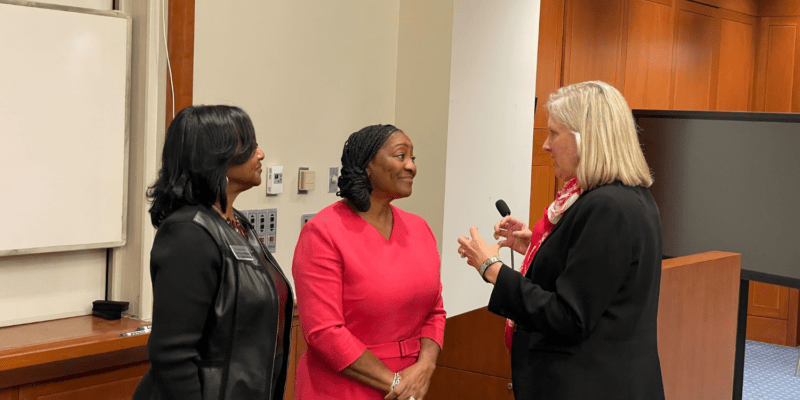

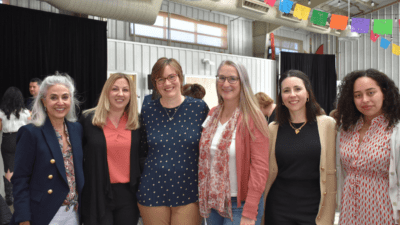
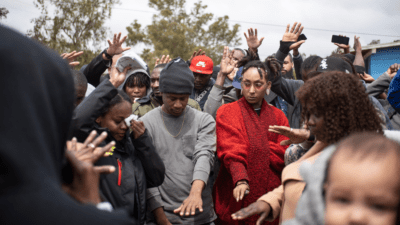
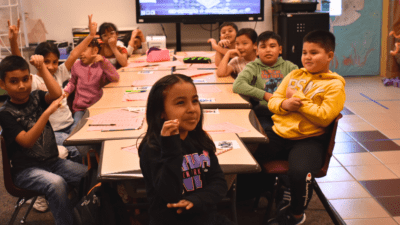
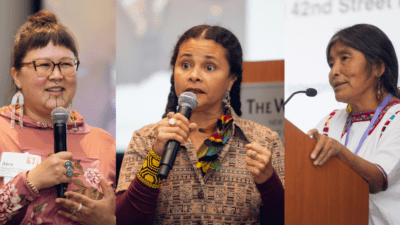

Comments